Optimal Timing for Septic Tank Pumping
Septic tank pumpings are essential for maintaining proper system function and preventing costly repairs. The optimal timing for pumpings depends on several factors, including tank size, household usage, and sludge accumulation rates. Regular inspections can help determine when a pumping is necessary to ensure the system operates efficiently.
Typically, septic tanks should be pumped every 3 to 5 years, depending on household size and usage patterns.
Indicators include slow drains, foul odors, or sewage backups, signaling it may be time for a pumping.
Pumpings are often scheduled in dry seasons to prevent disruptions during heavy rainfall periods.
Larger tanks or households with fewer occupants may require less frequent pumpings, while smaller or busier households may need more regular service.
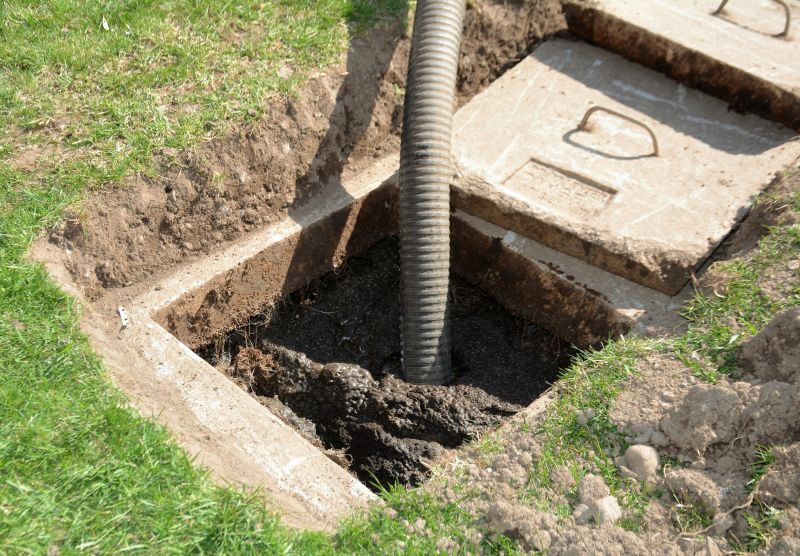
Technicians remove accumulated sludge and scum, ensuring proper system function.
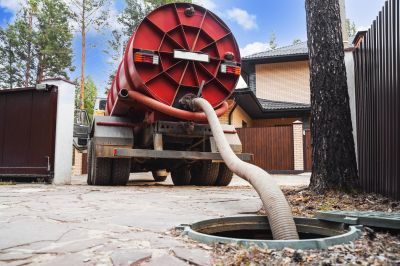
Specialized equipment safely extracts waste from the tank.
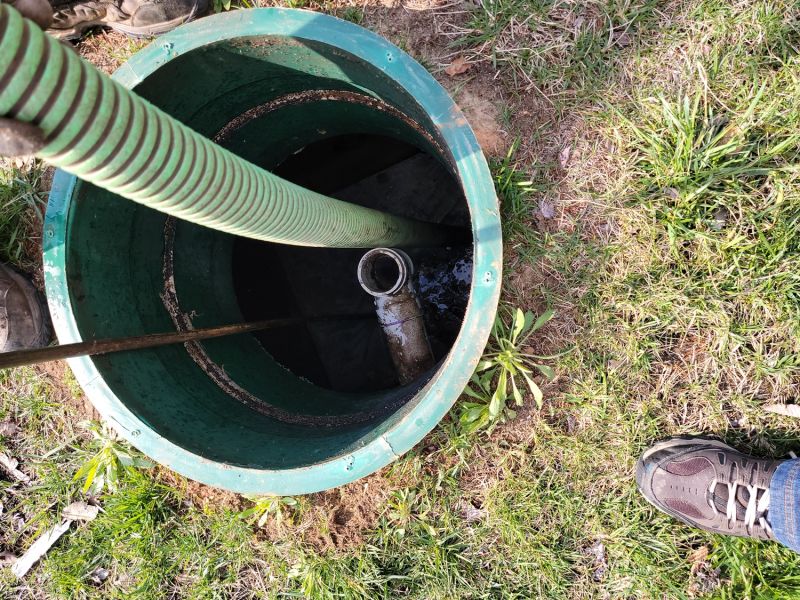
Understanding the tank, drain field, and distribution box helps in scheduling maintenance.

Tools and trucks used for efficient septic tank pumpings.
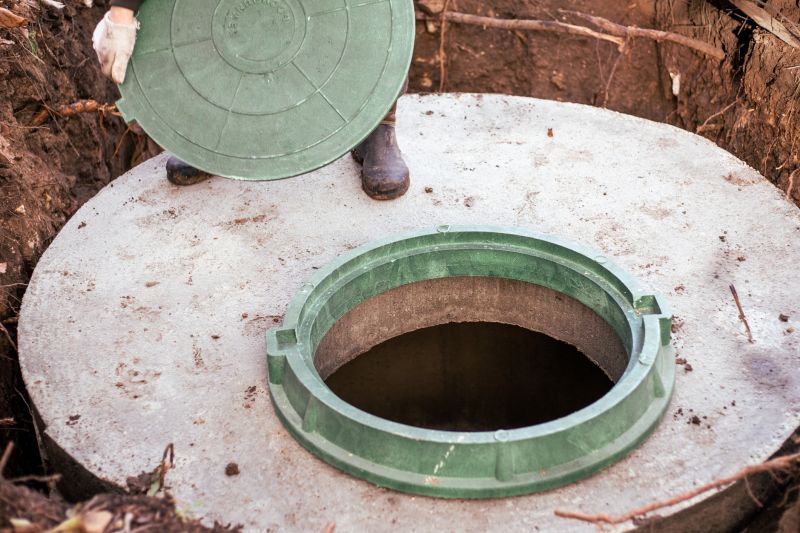
Regular inspections help identify potential issues early.
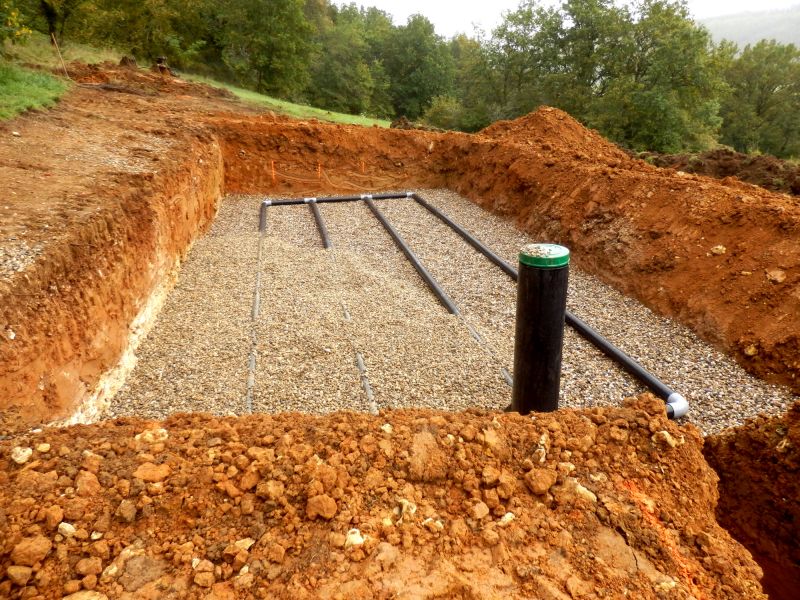
Pumpings help prevent drain field failures caused by overfull tanks.
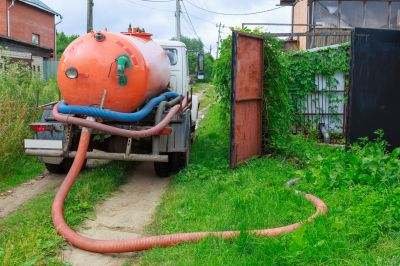
Proper cleaning extends the lifespan of the system.

Professional service ensures thorough and safe maintenance.
| Factor | Recommended Pumping Interval |
|---|---|
| Household size | Every 3-5 years |
| Tank size | Larger tanks can extend interval |
| Usage level | High usage may require more frequent pumpings |
| Inspection results | Based on sludge levels |
| Seasonal factors | Dry season scheduling recommended |
| System age | Older systems may need more frequent attention |
| Signs of malfunction | Immediate pumping needed |
| Local regulations | Follow specific guidelines |
Septic tank pumpings are vital for preventing system failures and maintaining sanitation. Proper timing based on household needs and system conditions can prolong the lifespan of the septic system. Regular maintenance and inspections are recommended to avoid emergencies and costly repairs.
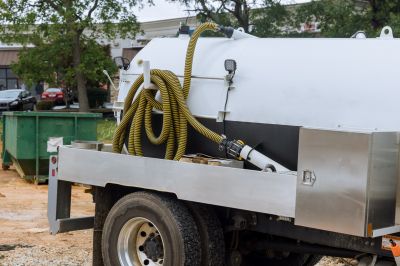
Specialized trucks and tools used for septic maintenance.
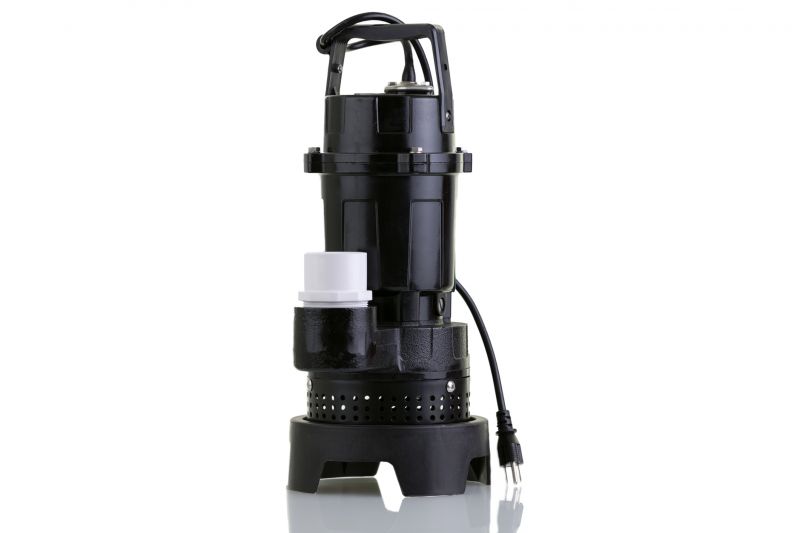
Visual overview of key parts involved in pumpings.
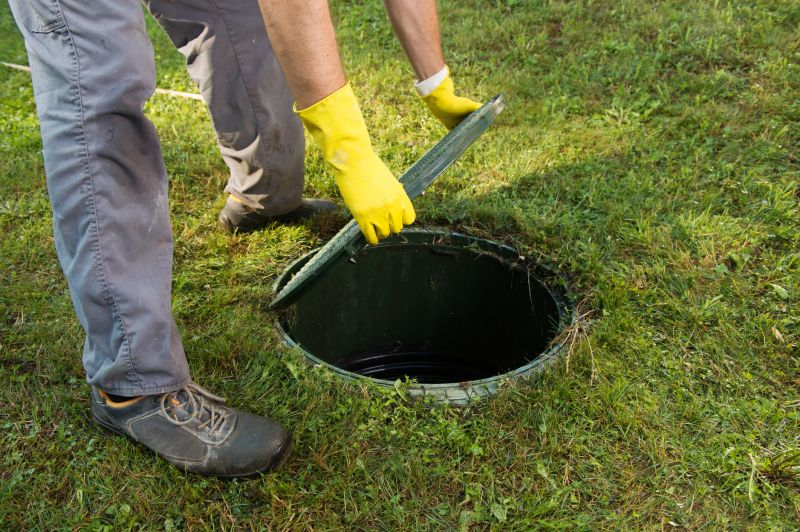
Equipment used to monitor sludge levels.
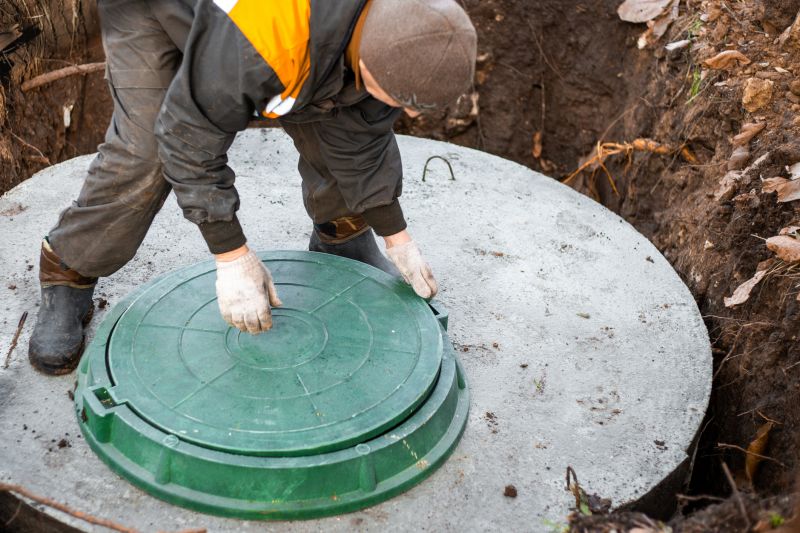
Professional performing septic tank maintenance.
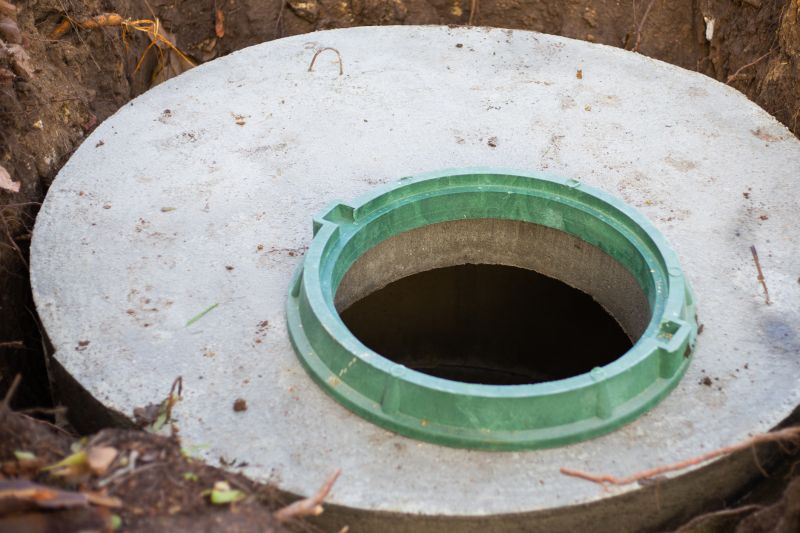
Popular materials for Septic Tank Pumpings and why they hold up over time.
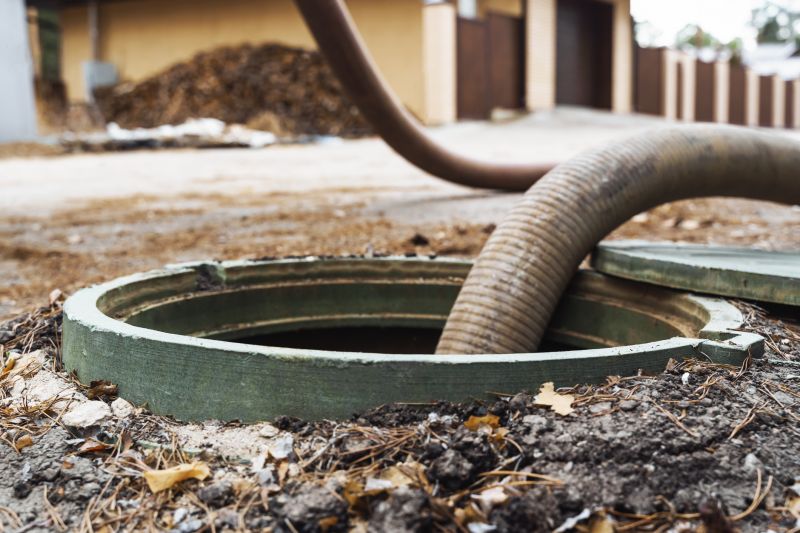
Simple add-ons that improve Septic Tank Pumpings without blowing the budget.
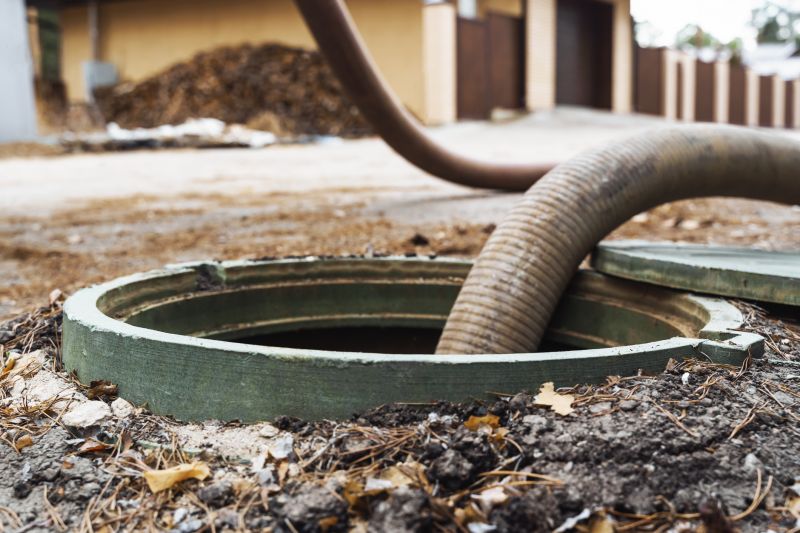
High-end options that actually feel worth it for Septic Tank Pumpings.
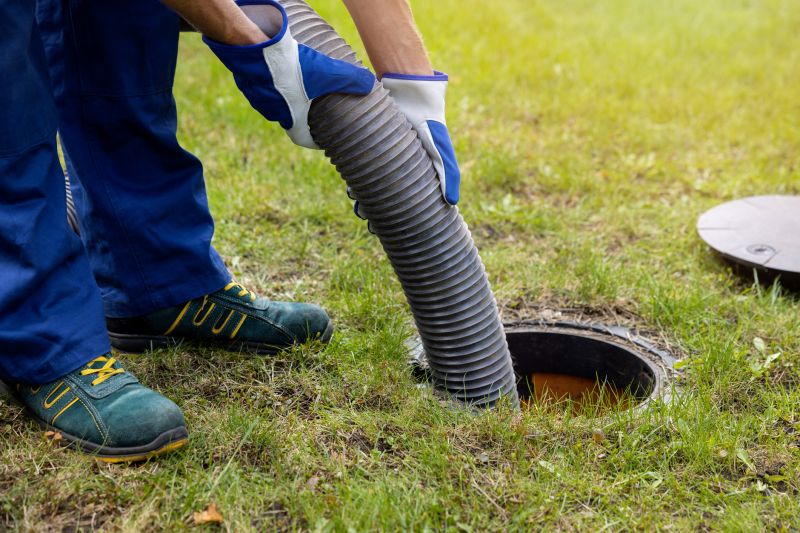
Finishes and colors that play nicely with Septic Tank Pumpings.
Interested in scheduling septic tank pumpings? Filling out the contact form provides a convenient way to arrange service and ensure the proper functioning of the septic system.
